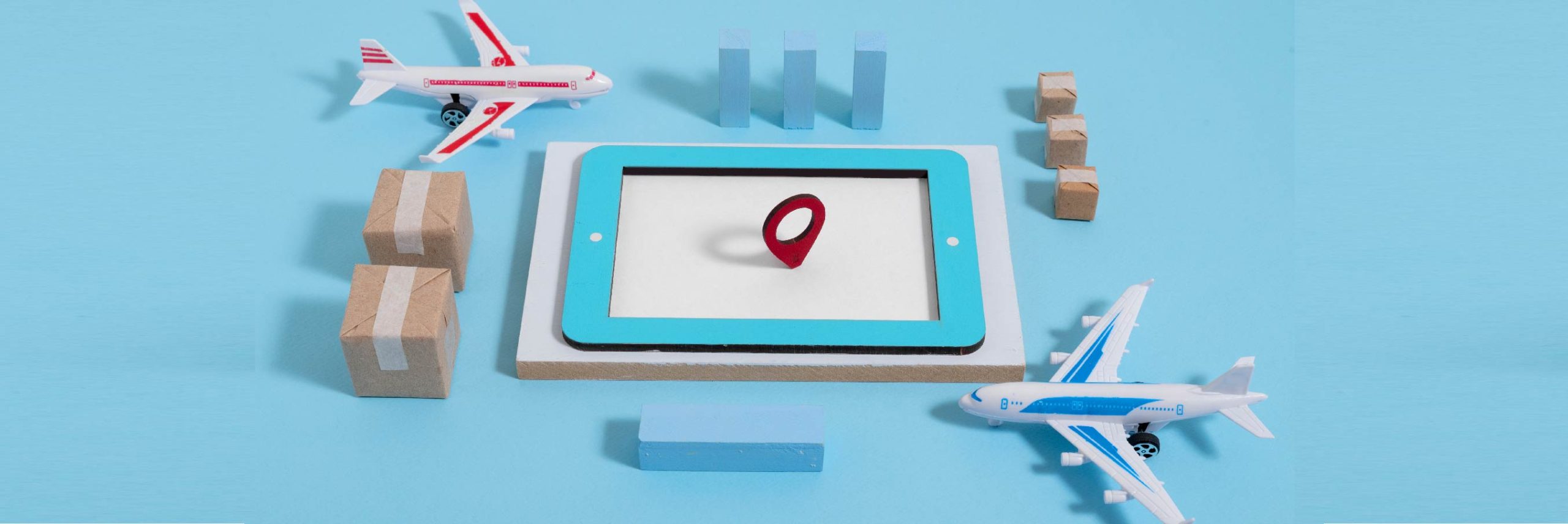
15 Dec How can AI enhance air cargo performance?
As cargo volumes continue to rise, sometimes reaching up to million tonnes per year for logistics specialists, there is a critical need for fast and efficient processes and accurate real-time data. The industry is estimated to be losing vast sums of money due to under-reported volumes and mis-declarations of air cargo caused by the human error associated with manual processes.Getting the data wrong results in incorrect storage charges, reduces loading efficiency and ultimately impacts profitability. To achieve maximum efficiency in air freight operations, it is imperative for businesses to integrate real-time data into their decision-making process. This can be derived from Artificial Intelligence (AI). Artificial Intelligence is a smart technology that has been making waves across industries.
The primary benefit of an AI-powered system for air cargo is that it can offer predictive analytics and enable informed decision-making for businesses. Understanding critical events like capacity and demand rise/slump is especially essential in the air cargo industry.
Ensuring cargo load factor has been critical in air freight transportation for long, i.e., even before the pandemic, partial belly capacity utilisation was a major challenge for the industry.
According to media reports, the load factor for domestic air freight capacity in mature markets like North America was below 40 per cent, and the service providers failed to ensure full belly capacity utilisation. AI can study patterns concerning cargo load factors and ensure full belly capacity is achieved, whether in mature or third-world countries.
Safety, security and transparency
Stakeholders often complain that the airport environment is a black hole, wherein cargo movement visibility is unknown to the landside service providers. Due to this lack of transparency and traceability in the operations, there has been a rise in cargo theft within the air cargo complex. During the peak pandemic time, the vulnerability of cargo theft was much higher.
In certain cases, we see cargo safety as a significant concern. Cargo theft has skyrocketed these days, detrimental to industry growth prospects. AI as a model offers route optimisation, predicts uncertainties, and, with real-time data, business decisions can be made effectively. Most importantly, with automated processes, ambiguities in data entry come down, followed by nearly 100 per cent accuracy.
Future of AI in air cargo
Undoubtedly, artificial intelligence is already transforming business functions and disrupting traditional business practices. Nevertheless, a 360-degree process mapping and bringing in all operations involved in a cargo complex is essential. Only then will reducing errors and increasing operational efficiency at a macro level be possible.
That brings us to Cargo Community Systems, which are holistic and connect every stakeholder in the airport in a single frame. This platform can bring a new level of transparency and collaboration within the airport ecosystem. Community platforms are in the context of AI because these platforms are enriched with AI-based applications. For example, truck slot management is an AI-based application that studies peak hours, cargo loading and unloading patterns, truck movement, etc. Hence, this is going to be the future of AI in air cargo.

